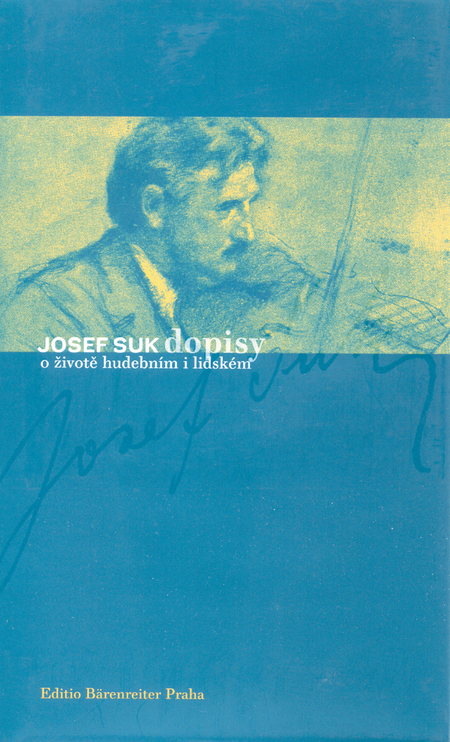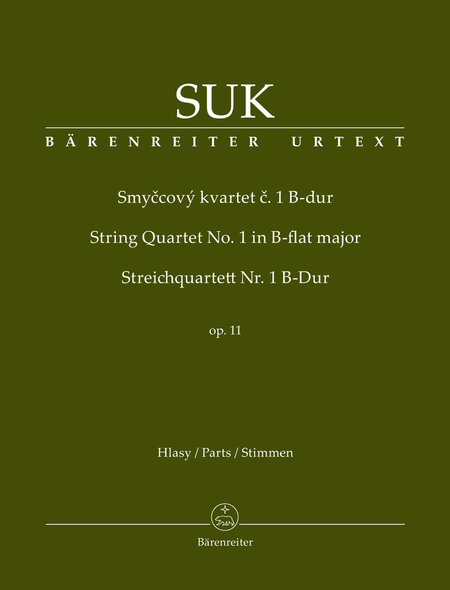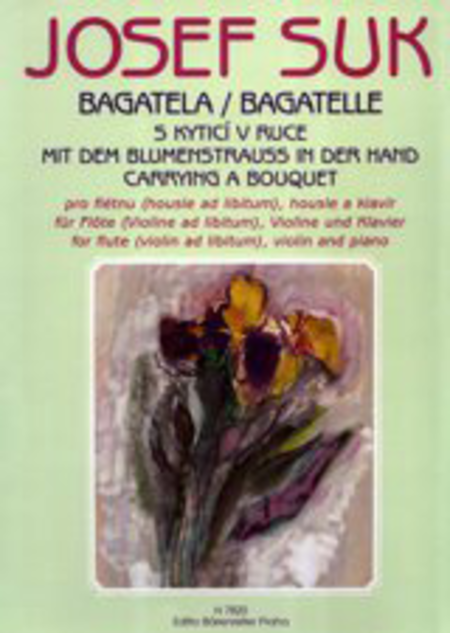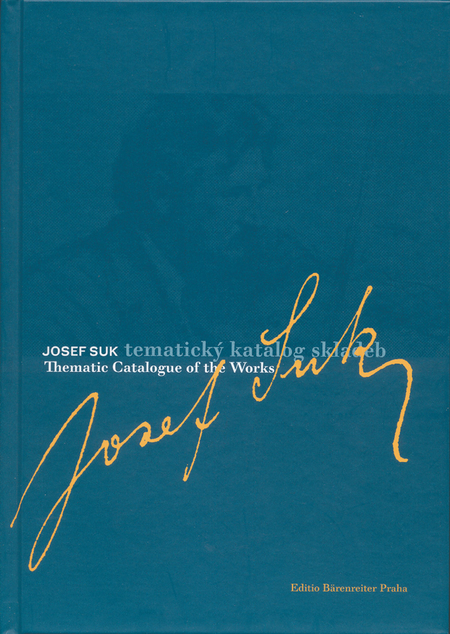Josef Suk (1874 - 1935)
 Rép. tchèque
Rép. tchèque
Josef Suk (4 January 1874 – 29 May 1935) was a Czech composer and violinist. He studied under Antonín Dvořák, whose daughter he married.
From a young age, Josef Suk (born in Křečovice, Bohemia) was deeply involve ... (Read all)
Source : Wikipedia
 Rép. tchèque
Rép. tchèqueJosef Suk (4 January 1874 – 29 May 1935) was a Czech composer and violinist. He studied under Antonín Dvořák, whose daughter he married.
From a young age, Josef Suk (born in Křečovice, Bohemia) was deeply involve ... (Read all)
Source : Wikipedia
Free sheet music of Josef Suk - Romance - Caccini - Flute
1 sheets found sorted by:
Search
| ||||||||||||||||||||










